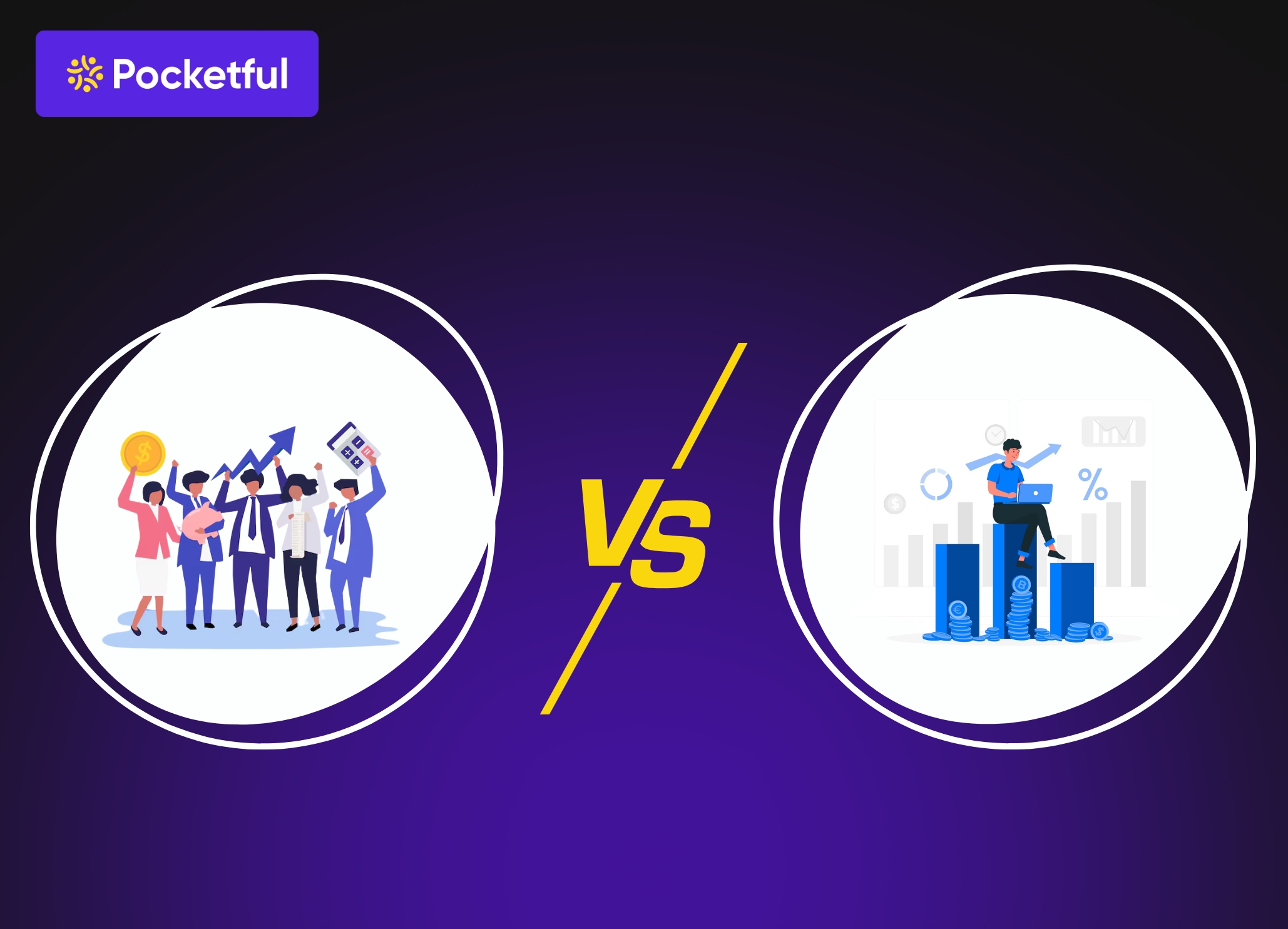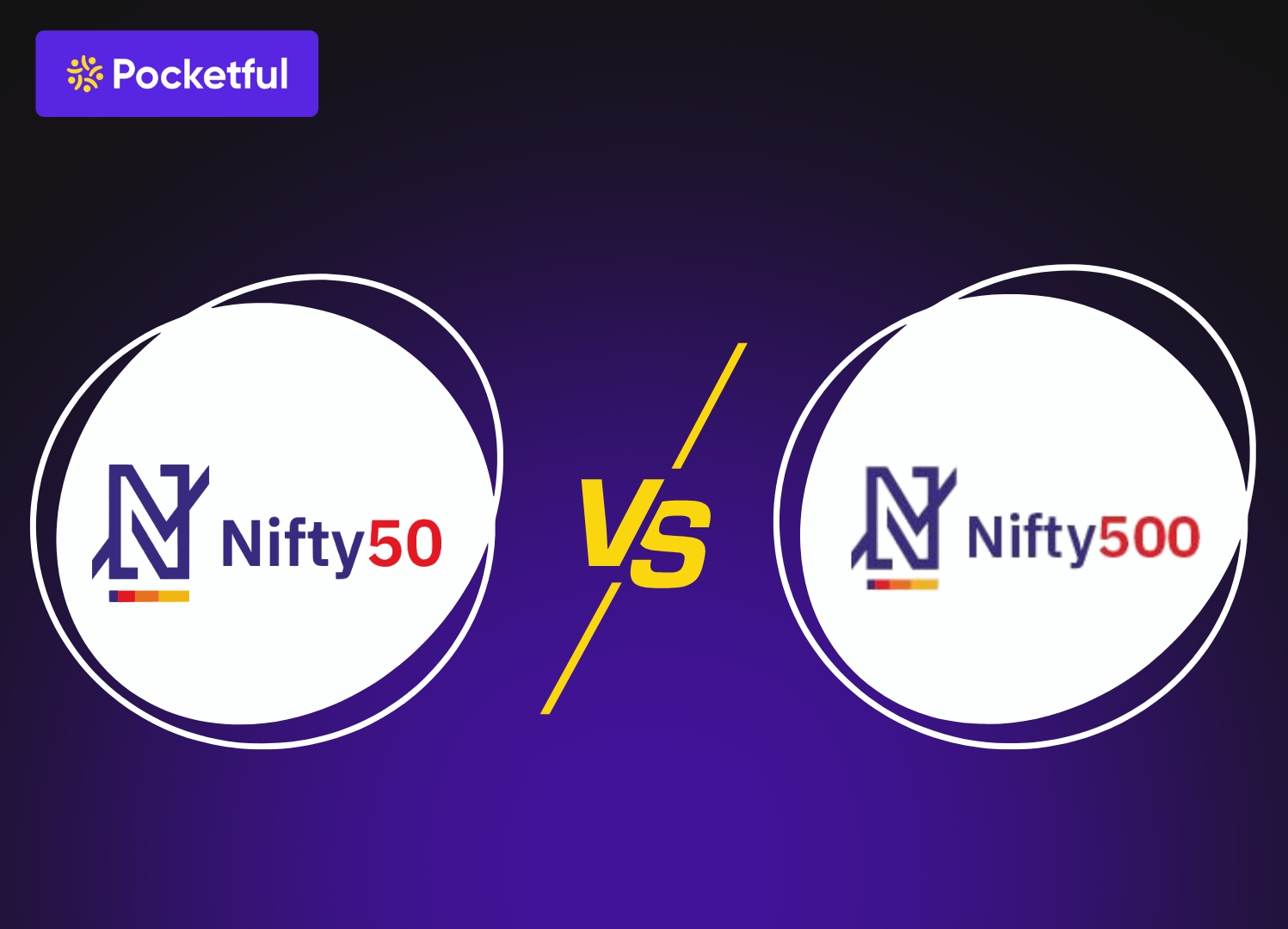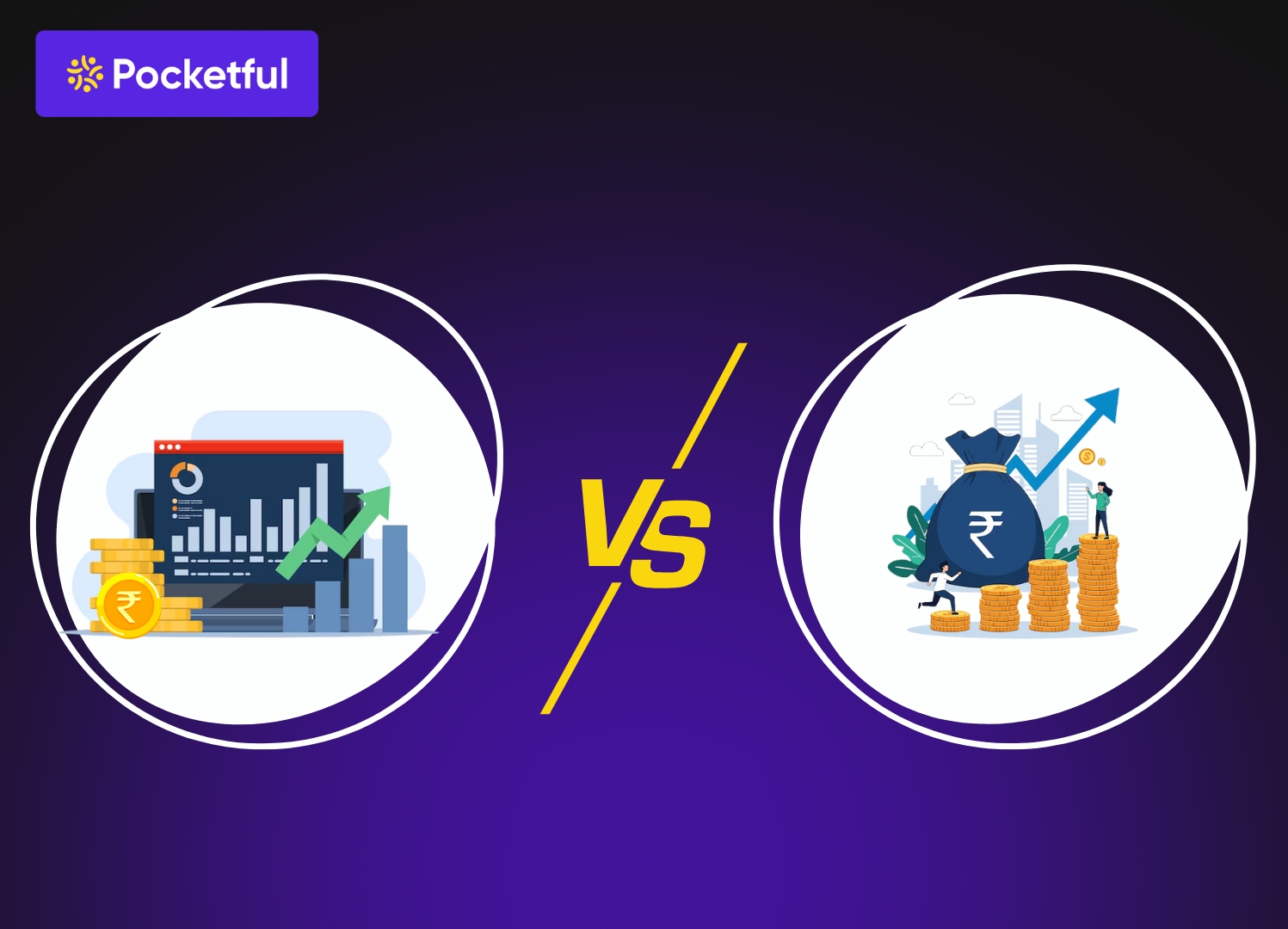Whenever a company decides to expand their business, they are in need of funds. There are certain ways through which a company can raise capital, either by issuing shares or can raise funds through debentures. It is essential to understand the difference between them before investing in any company.
In today’s blog post, we will give you an overview of shareholders and debenture holders, along with the key differences between them.
Who are Shareholders?
Shareholders are the one who holds equity in a company. The shareholders can be individuals, institutions, or entities. Once an investor invests in a company through shares, they become a part-owner of the company. Along with the ownership rights, they also get the voting power.
Key Features of Shareholders
The key features of shareholders are as follows:
- Ownership: Shareholders hold ownership rights, as they own a portion of the company.
- Dividend: When a company declares a dividend, every shareholder gets a portion of it.
- Risk: Shareholders will bear the losses as they carry a high risk.
- Appreciation of Capital: As the shareholder infuses capital into the company. Therefore, when the share prices of the company increase, their capital will also increase in the same proportion.
Example of Shareholder:
ABC Limited requires capital to expand its business, and it considers issuing shares. For this, the company issues 1,00,000 shares of INR 100 each. Mr A subscribed for 10,000 shares and invested 10,00,000 INR in the company. Now, Mr A has become a shareholder in the company and holds around 10% of the company’s equity. Now, whenever the company declares a dividend, he will get a proportion of it along with the appreciation in capital based on the increase in share price.
Who are Debenture Holders?
The key features of the debenture holders of the company are as follows:
- Low Risk: Debenture holders carry a lower risk than shareholders, as their repayment has priority over the shareholders.
- No Voting Rights: They do not have any voting rights as they do not participate in any management decisions.
- Fixed Interest: The debenture holders receive regular interest for their investment in the debenture, irrespective of the company’s profit or loss.
- No Share in excess profit: The debenture holders do not receive any additional profit or growth in the value of the company.
Example of Debenture Holder:
Debenture holders of the company are known as Creditors of the company. So a company named ABC Limited wants to raise 10,00,000 INR for its expansion. It came up by issuing 1000 debentures having a face value of INR 1000 each with a coupon of 7% p.a, payable yearly and redeemable after 5 years. Mr A has purchased 100 debentures amounting to 100,000 INR. Now, yearly, Mr A will receive 7% interest and on maturity, he will get back the entire amount of the investment.
Read Also: Debentures: Meaning, Features, Types, Benefits and Risks
Difference Between Shareholders and Debenture Holders
The key difference between shareholders and debenture holders is as follows:
| Particular | Shareholder | Debenture Holders |
|---|---|---|
| Status | They are considered the owners of the company. | They are known as the creditors of the company. |
| Return | Shareholders receive dividends based on the company’s profit. | Debenture holders receive fixed interest on the investment amount. |
| Voting | Shareholders enjoy voting rights in the meeting. | Debenture holders do not have voting rights. |
| Risk | They carry a high risk. | They are comparatively low-risk investment options. |
| Maturity | Shares do not have any maturity date. | Redeemable debentures have a fixed maturity date. |
| Convertibility | They are not convertible into debentures. | Some debentures have an option to convert into shares. |
| Claim on Assets | They have a residual claim on the asset. | Debenture holders have a prior claim on the asset. |
| Capital Appreciation | Shareholders benefit from the increase in share price. | They do not benefit from the company’s growth. |
| Accounting Treatment | Dividends are not a part of the company’s expenses. | Interest paid is part of the company’s expenses. |
Which is better, Shareholder or Debenture holder?
Shareholders and debenture holders are both different types of investors in a company. Being a shareholder and a debenture holder depends on the investor’s risk profile and investment objective. If one wants a stable and predictable return with lower risk can consider investing in debentures. Whereas, if someone wants to create long-term wealth and can bear the risk in their portfolio for a higher return, they can consider being a shareholder in a company.
Read Also: What is Convertible Debentures?
Conclusion
On a concluding note, both shareholders and debenture holders are an important part of the company. Shareholders invest in a company with a view to long-term growth and with an expectation of getting higher returns. Whereas, on the other hand, debenture holders are conservative investors who invest in debentures of a company to get fixed returns and look for safety and regular income along with capital protection. However, it is advisable to consult your investment advisor, and the investment should be made based on the investment objective.
Frequently Asked Questions (FAQs)
Can a debenture holder receive a dividend from the company?
No, a debenture holder is not entitled to receive any dividend from the company; they can only get the interest on their investment in the company.
Does a debenture holder participate in the company’s voting?
No, a debenture holder cannot participate in the company’s voting; only equity shareholders have the right to participate in voting.
Can I invest in both shares and debentures of a company?
Yes, you can invest in both shares and debentures of a company.
Who gets first right in case of the company’s liquidation?
A debenture holder gets the first right in case of the company’s liquidation, as they are paid before the shareholders.
Who bears more risk debenture holder or the shareholders?
Shareholders bear more risk as their returns are linked to the company’s growth and profitability, whereas the debenture holder gets a fixed return irrespective of the company’s profit.










